
Dutch court rules it’s not legal for ISPs to block The Pirate Bay
The Pirate Bay seems to be a never-ending controversy, as we have discussed here many times. The site has been hounded by the law all around the world, although it always seems to manage to survive. Now the service has achieved a major victory, at least in the Netherlands.
A three-judge panel in The Hague has ruled that the blocking of The Pirate Bay by ISPs is not legal. The case had been filed by two providers -- Ziggo and XS4ALL.
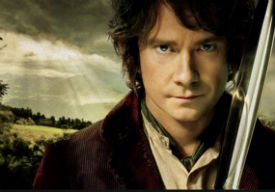
The top 10 most pirated movies of 2013
Movies are very important to me and to society overall. Seeing popular films gives the moviegoer a shared experience with other members of the community. This in turn allows you to understand references to the film in jokes and documentaries. For example, if you've never seen a film such as Star Wars, you would not understand the Family Guy and Robot Chicken parodies of it.
Sadly, for many people, a trip to the movie theater is not achievable due to extremely high prices. Where I live, New York, a couple going on a date to the movies can easily spend over $30.00 when drinks and snacks are factored in. Those same people may not be able to afford the premium movie channels. I am one of these people -- I typically wait years for a film to hit FX, USA or something similar, so I can see it in all its censored, commercial-riddled glory. The alternative is movie piracy -- something I do not condone nor take part of, for more reasons than one.
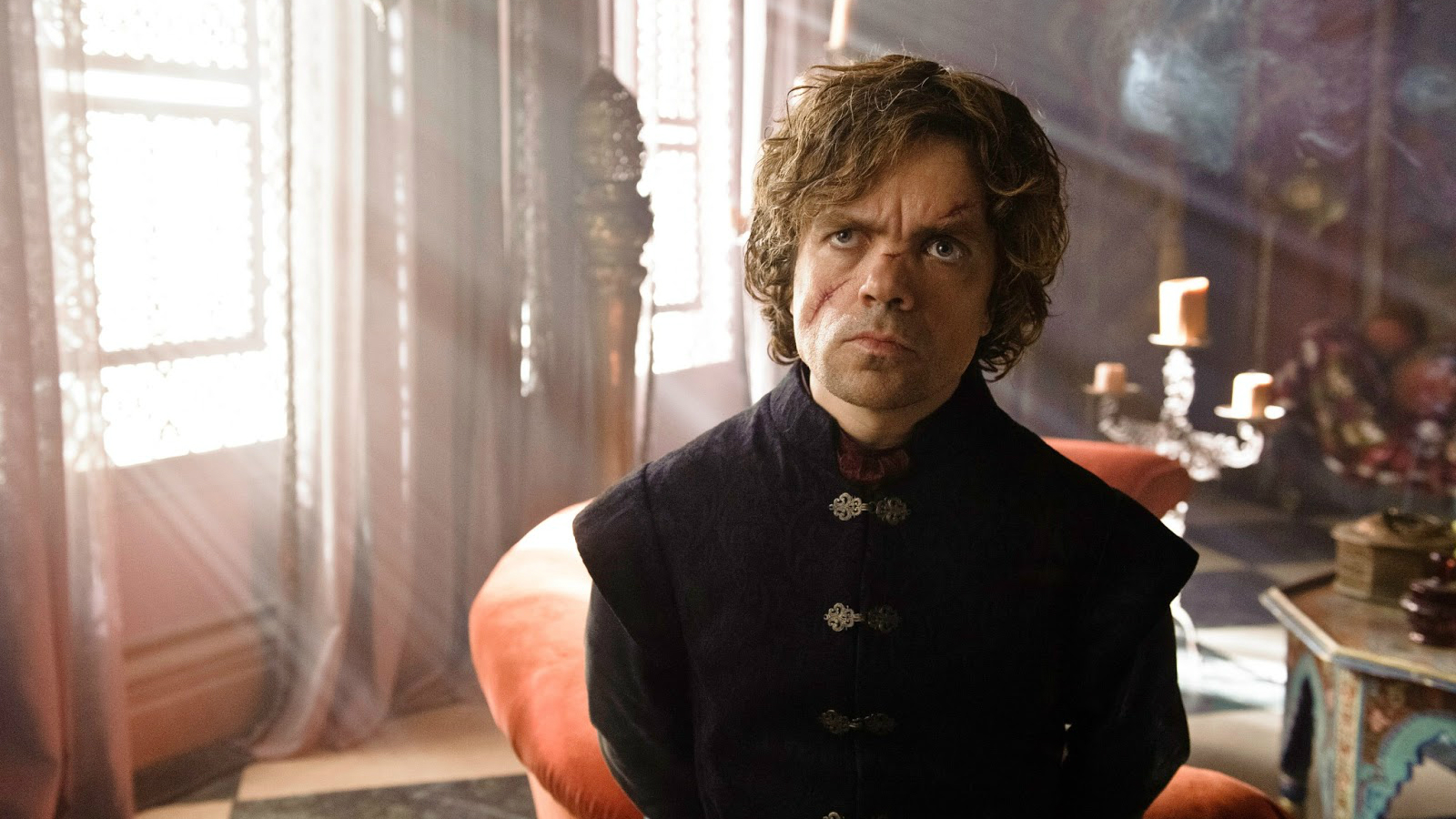
The most pirated shows of 2013 -- no surprise at the top of the list
To perhaps nobody’s amazement, piracy has not diminished in 2013, despite the recent and frequent woes of high-profile sites such as The Pirate Bay. The data is not all that difficult to track, which is one reason that various users have found themselves on the wrong end of a lawsuit.
Each week, Torrent Freak posts statistics, showing the most popular files and, earlier this year BetaNews talked about the HBO hit Game of Thrones, and the network and producer’s strange lack of concern about the rampant downloads of each episode.
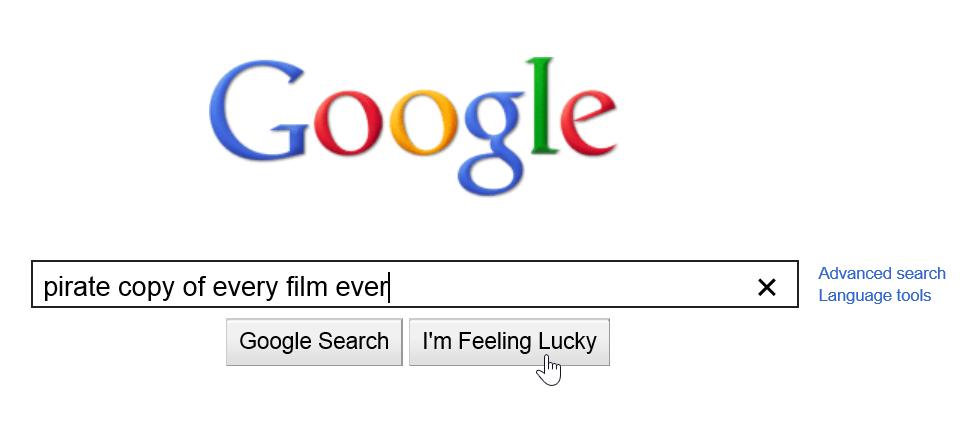
Motion Picture Association of America blames Google for online piracy
Piracy is a problem, a big problem. A few days ago I wrote about the consequences of piracy and the fact that it is far more than just the copyright holder who is affected. While I believe that piracy should be viewed as something other than theft, it is obviously still wrong. The label "wrong" sounds almost belittling, but there are few people who would deny it is an issue that needs to be tackled.
The obvious targets when cracking down on piracy are the people who are illegally downloading music, movies and software they are not entitled to, but this does not really nip things in the bud. Piracy is a very complex issue, and as with any complex issue a scapegoat is needed. The Motion Picture Association of America is understandably keen on stemming the flow of illegally downloaded films and it is pinning the blame, at least partly, on Google.
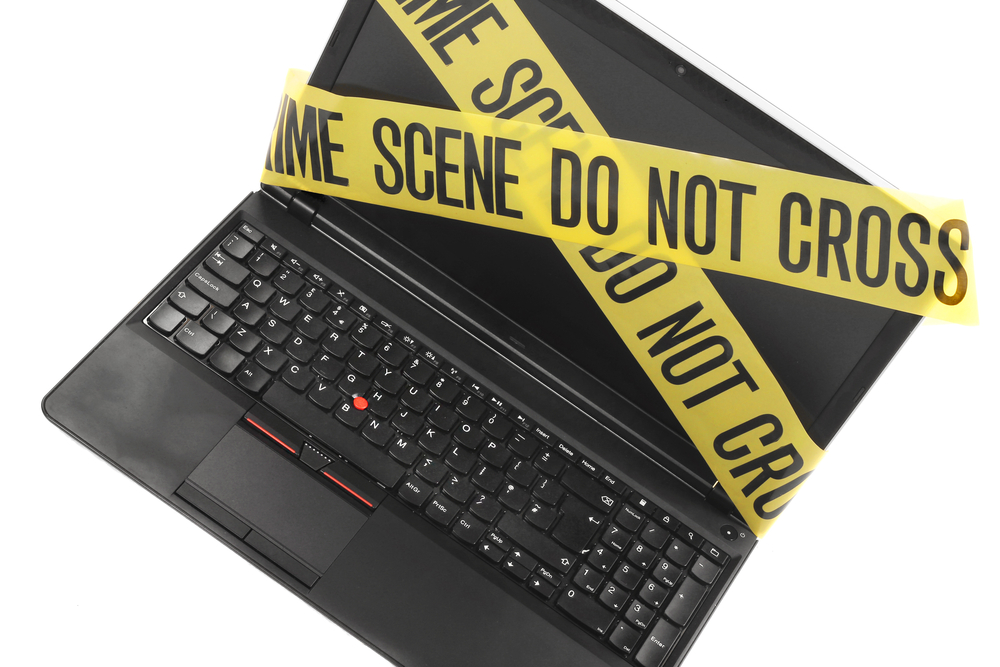
Piracy isn't theft… but its effects are wide and far-reaching
Philip Pullman -- UK author of His Dark Materials and Golden Compass fame -- is upset. In a column for the Index On Censorship he bemoans the invention of the Internet as a vessel that makes the lives of thieves easier, saying that piracy is theft "as surely as reaching into someone’s pocket and taking their wallet is theft".
Often, the argument against piracy is a slightly odd one. For many people it is a simple black and white affair -- it's not yours, and if you take it without paying for it you are stealing. But for others, online piracy -- be it movies, music or software -- is not tantamount to theft. It is the ethereal, non-physical nature of these types of goods that seems to bring about confusion.

Spotify 'nightmare' is more of a sleepless night
Spotify is the world’s most popular streaming music service with some 24 million active uses, around 6 million of those paying a subscription for premium services. I use Spotify all the time; it’s a great way of finding and sampling new music, and the company’s deals with major labels go a long way to legitimizing the streaming model.
Yesterday though, Spotify acted to change its website player after a Dutch developer released a Chrome extension that allowed MP3s to be downloaded from the site. Google removed the Downloadify plug-in from its site before Spotify applied the fix to the player, which now uses an encrypted format.
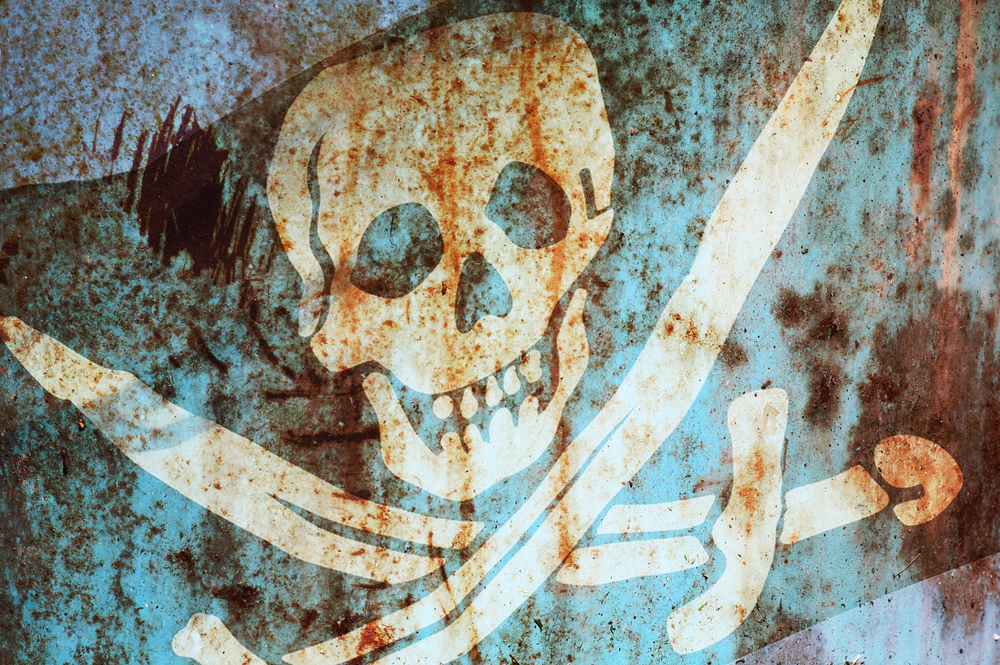
Pirates hate piracy (when it happens to them)
Piracy has long been a frustrating problem for software makers, musicians and movie and TV studios. The introduction of BitTorrent, while not designed to facilitate this theft, brought the problem to the forefront. Now one tiny game studio takes matters into its own hands with hilarious results.
Greenheart released Game Dev Tycoon simulation game, but the company also did something unique -- seeding a cracked version of that game on a Torrent site. The object of the play is to design games and build up your own successful studio.
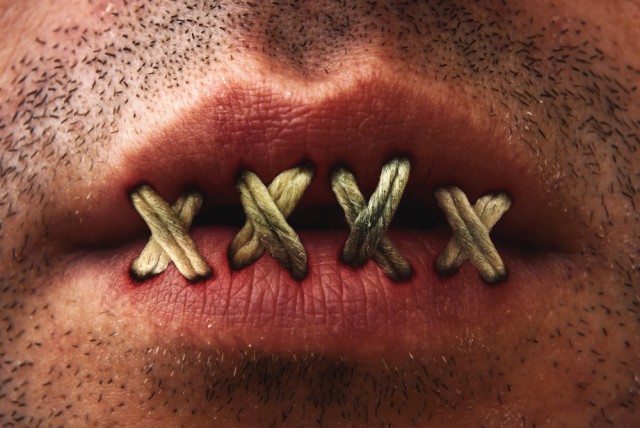
Government demands to remove content reaches new highs, Google claims
For the past three years Google has released transparency reports, which loosely translate to tattling on the government and other entities that attempt to extract information from the search giant. None are likely happy with this reporting, but it is all public record and fair game.
"Today, for the seventh time, we’re releasing new numbers showing requests from governments to remove content from our services", states Google's legal director Susan Infantino.

The most pirated TV show is back, and HBO doesn't mind
Last night marked the debut of season three of "Game of Thrones", the wildly popular HBO show based on the books by George R. R. Martin. The show generates major publicity and even bigger Internet piracy to go along with that. Thanks to a large, and Internet-savvy, fan base, the fantasy series is the single-most pirated TV show ever. Game of Thrones had one episode downloaded 4.3 million times.
Director David Petrarca already is on record saying he is not concerned by the piracy. But, now, in what feels almost like an April Fool's joke that came a day early, HBO programming president Michael Lombardo stepped up to say he has no problem with the show's status as the top download. Lombardo told Entertainment Weekly that "The demand is there, and it certainly didn’t negatively impact the DVD sales. [Piracy is] something that comes along with having a wildly successful show on a subscription network".

You CAN use Office 2013 Trial for more than 30 days -- how's 180?
DiSTANT X has released Office Trial Extender 1.0.0.7, a new build of its tool for legally extending the trial period for Microsoft Office 2010or later to a maximum of 180 days. The new version adds support for the latest Office 2013 release, renames itself Office Trial Extender and ensures all its files are digitally signed.
The tool works by resetting your Office trial to 30 days, and can be used a maximum of five times, giving you a theoretical maximum trial period of 180 days -- with caveats, as we discuss below.

Spoiler alert: Microsoft says that piracy is bad and dangerous for you!
We all know the dangers of living on the darker side (or the wrong side) of the InterWebs -- malware is waiting at every corner to ruin the "joy" that some may have by saving some money through pirated software. We know that. The real question is whether that is brainwashing caused by large software corporations or a real threat to our safety that people knowingly ignore?
Microsoft, one of the most popular companies around when it comes to having its software pirated shortly after or even before a product is released, has commissioned a new study to inform consumers and businesses of the dangers involved in using pirated software. The study is conducted by IDC which has analyzed 270 websites, P2P (Peer-to-Peer) networks, 108 software downloads and 155 CDs or DVDs, and interviewed 268 IT managers or CIOs (Chief Information Officer) and 2,077 respondents (1,104 consumers and 973 businesses) from various locations around the globe.

UK ISPs ordered to block more piracy sites
Remember how last year the British Phonographic Industry (BPI) managed to persuade the UK High Court to order ISPs to block the Pirate Bay, in order to completely eradicate piracy and save the music industry?
Well as it turns out, that didn’t quite do the trick, so the BPI has returned to the High Court and this time it’s Kickass Torrents, H33T and Fenopy which are being blocked. A move which, of course, will definitely stop piracy this time. A bit like how, when Jessops went bust in the UK, no one was able to buy cameras any more.
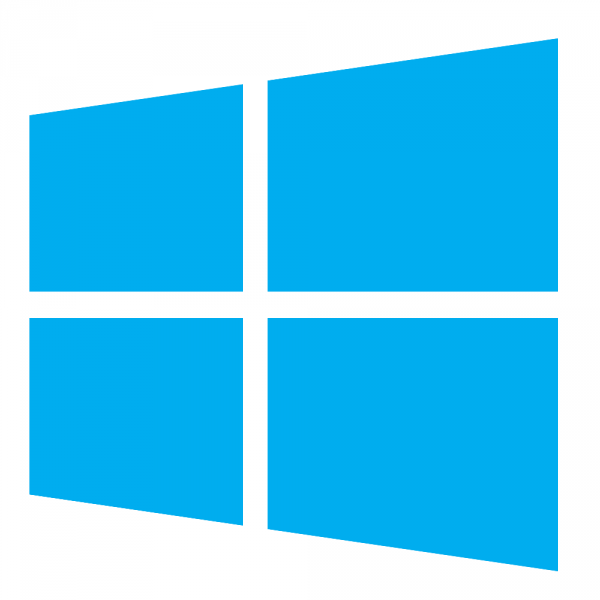
You can steal -- ah, still get -- Windows 8 Pro cheap
I owe a commenter an apology. Let me explain. Two months ago I wrote about a Microsoft error that allowed anyone the Windows 8 Pro upgrade for $14.99, which is supposed to only be available to those who have purchased a Windows 7 PC after June 2, 2012. I took a lot of heat from our kind readers for pointing out the flaw. Microsoft also contacted me and assured me that the loophole would be fixed.
It is an easy fix, honestly. Require the user to enter a Windows 7 key and then check against the database to ensure that it was activated after the required date. It is really that simple. But, Microsoft didn't close the loophole.

BitTorrent is alive and well -- isoHunt turns 10 years old
Despite the best efforts of the MPAA, RIAA and even the U.S. federal government, file sharing and BitTorrent are alive and well. While Kim Dotcom has launched his new Mega site (not BitTorrent tracking, just file storage and sharing) and the Pirate Bay has managed to survive despite jail sentences for the founders, many sites continue to operate without any real interruption or even mainstream notice.
One of those, isoHunt, has managed to make it to the grand old age of ten. The birthday celebration is not big, but the occasion warranted a post from the founder today.

Old media takes another dying gasp: Irish newspapers to charge for links
When I say "old media" I refer to several mediums, including movie studios, TV networks and the recording industry. However, in this case, I am talking about, perhaps, the oldest of all -- the newspaper. It seems that the once-desirable rags may be one of the last forms of media to actually get it.
To that end, the licensing body that represents the Irish nations newspapers seems bent on going forward with a plan to wring fees out of any website that links to its material. To that end, the group issued a statement today, reading, in part, that: "The sort of activities which constitute "copying" for these purposes are the photocopying of newspaper articles, placing of newspaper articles on an intranet website, viewing of articles on a website hosted by a press cutting agency and the sending of articles to clients or other third parties".
